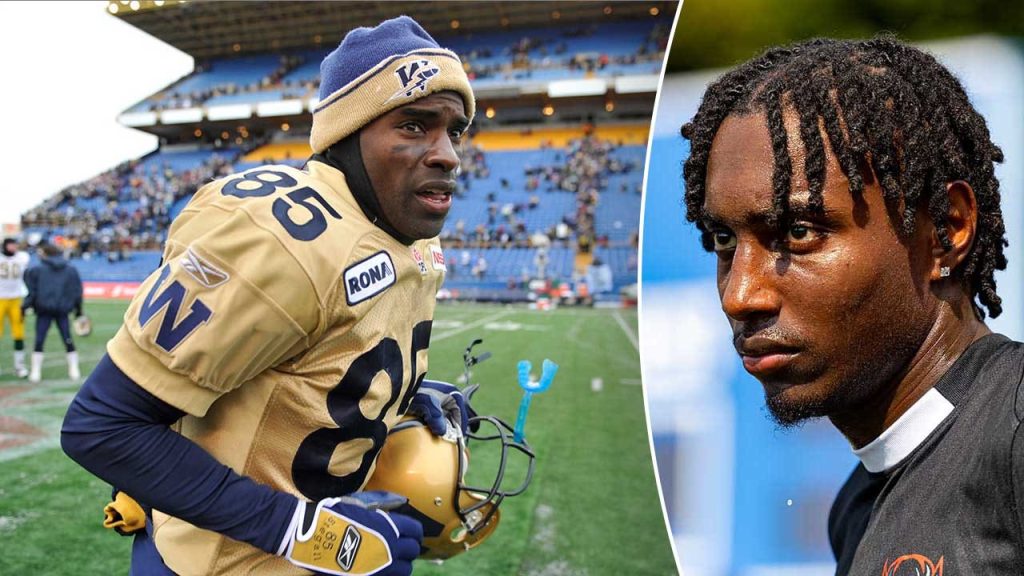Remembering Chase Stegall: A Life Cut Short by Epilepsy
The tragic story of Chase Stegall, a promising 20-year-old DePaul University men’s soccer player and son of former NFL wide receiver Milton Stegall, has gained clarity months after his unexpected passing. The Cook County Medical Examiner’s Office recently confirmed that Chase died from “sudden unexpected death in epilepsy” (SUDEP), a natural but devastating outcome that sheds light on the sometimes-hidden dangers of this neurological condition. Found unresponsive in his Lincoln Park campus residence hall in early June, Chase’s death sent shockwaves through the university community where he was known as both a dedicated athlete and compassionate friend to many.
Chase’s journey at DePaul had been one of gradual growth and promise. After not seeing game action during his freshman year, the sophomore had begun making his mark on the field, appearing in 16 games last season and scoring his first collegiate goal against Drake. His nearly 400 minutes of playing time represented not just statistical achievement, but the culmination of years of dedication to a sport he loved. University officials, including Vice President and Athletics Director DeWayne Peevy and head coach Mark Plotkin, described Chase as a “cherished member” of the DePaul family whose presence enriched the lives of teammates and friends alike. Their joint statement emphasized the profound impact of his loss and pledged support for his grieving family and teammates during an unimaginably difficult time.
The Stegall name carries weight in professional football circles through Chase’s father, Milton “Milt” Stegall, whose athletic career included three seasons with the Cincinnati Bengals before a remarkable 14-year stint in the Canadian Football League. The elder Stegall’s athletic legacy clearly influenced his son, though Chase was carving his own path in soccer rather than football. This father-son bond, strengthened through shared athletic experiences but transcending sports entirely, made the loss particularly poignant. In the weeks following Chase’s death, Milt shared his heartbreak through social media, writing a Father’s Day message that captured both his grief and gratitude: “Father’s Day has changed for me, but my love and gratitude never will… One of my sons is playing soccer up in heaven, and the other here on earth. But by the grace of God, I’m still the luckiest dad in the world.”
SUDEP, the condition that claimed Chase’s life, remains one of the less-discussed but serious risks associated with epilepsy. It refers to deaths in people with epilepsy that are not caused by injury, drowning, or other known causes. While relatively rare, it disproportionately affects young adults with the condition, often occurring during or following a seizure. The revelation of this cause brings attention to the broader challenges faced by student-athletes and others managing chronic health conditions while pursuing their passions. Chase’s story underscores how even with medical awareness and modern treatment options, epilepsy can still pose life-threatening risks that sometimes emerge with little warning.
The university community’s response to Chase’s passing reflects the profound impact he had during his brief time at DePaul. Beyond the official statements and condolences, there was a genuine sense of loss that rippled through campus—from teammates who had shared the field with him to classmates who knew him from everyday interactions. The student newspaper’s coverage and the administration’s acknowledgment of his death speak to a campus culture that recognizes each student as an irreplaceable part of their community. For many college students, this may have been their first encounter with the sudden loss of a peer, making it a formative moment in their understanding of life’s fragility and the importance of supporting one another through grief.
Chase Stegall’s story, while heartbreaking, offers important reminders about both the preciousness of life and the resilience of those left behind. His academic and athletic journey at DePaul, though cut short, exemplified the determination and spirit that define successful student-athletes. His father’s poignant reflection on fatherhood despite unimaginable loss demonstrates how love persists even through grief. And the medical cause of his death highlights the ongoing need for research, awareness, and support for those living with epilepsy and similar conditions. Though Chase will no longer score goals on DePaul’s soccer field, his memory continues to impact his family, friends, and a university community that, as officials promised, will ensure he remains “forever a part of DePaul University.”


